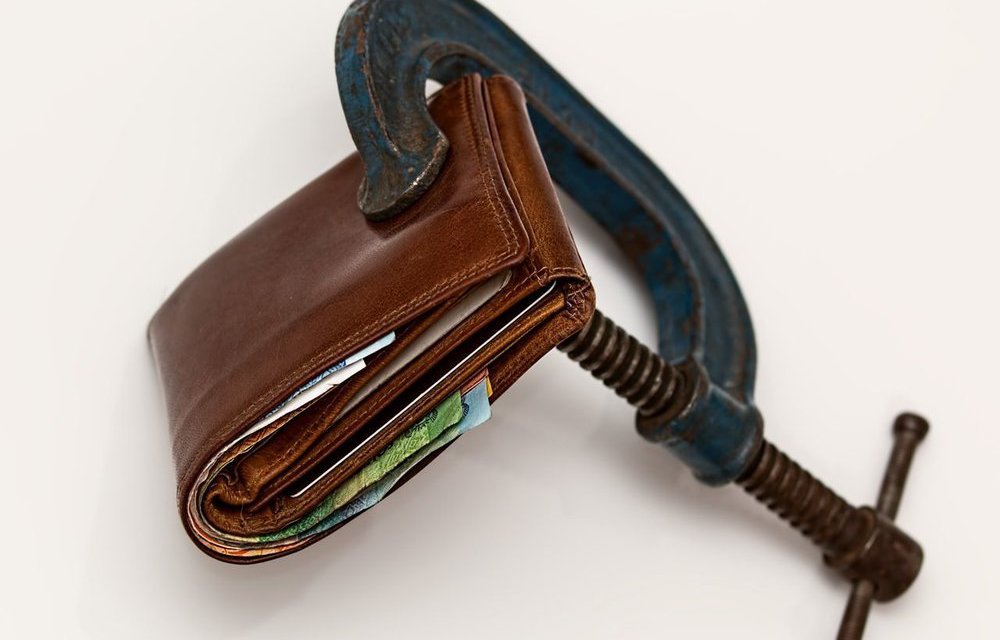Everyone can benefit from spending less money. Assuming your quality of life remains the same, spending less money gives you more budgetary flexibility, so you won’t stress as much about financial issues. You’ll have more money to put away for your long-term savings and investments, and you’ll be in a much better position to handle emergency expenses if and when they come up.
You might be surprised to learn that a handful of important governing principles are enough to help you save money in almost every category of expense, and if you learn them, you could save hundreds to thousands of dollars every year—without negatively impacting your lifestyle.
Core Principles for Saving
Learn and follow these important core principles if you want to save more money:
1. Shop around. One of the best things you can do is shop around, looking at different providers and different stores offering the same types of products. As a simple example, you might learn that a loaf of your favorite brand of bread is $2 cheaper at a store across the street. You can look at store ads and online prices for any product you’d buy in a store, and use a site like Inmyarea.com to see which companies are available in your area for utilities, internet, cable TV, and other services. Chances are, some companies will be cheaper than others.
2. Negotiate. You can negotiate many of the goods and services you buy on a regular basis. For example, you might be able to negotiate the price you pay for a used vehicle, or you might even be able to negotiate for a lower credit card rate. Sometimes, just asking for a lower price is enough to get it—and if it works just 10 percent of the time, you’ll still get significant cost savings.
3. Budget. If you want to be financially successful, you’ll need to have a solid budget in place. Set firm upper limits for what you’re willing to spend on categories of items like groceries, utilities, and entertainment. This will help you get perspective on how costly or inexpensive your chosen items truly are, and prevent you from overspending.
4. Buy based on unit costs. For most items, you’ll be able to calculate a unit cost—in other words, the cost per quantity, rather than the total cost of the item. If you do this consistently, you’ll be able to buy the best deal for each item, rather than buying the lowest-cost item. For example, you might see two containers of cottage cheese for $3 and $5, respectively, but learn that the latter has a lower unit cost. In other words, you’ll spend more for the container, but less for each ounce of cottage cheese.
5. Look for coupons and deals. This should go without saying, but try to look for coupons, coupon codes, and special deals before you buy. Sometimes, you can cash in on a quick, additional 20 percent of savings.
6. Look up historical prices. Before you finalize a purchase, try to find historical prices for the item you’re thinking of purchasing. Many times, you’ll find prices fluctuating with seasons—and if you simply wait a few weeks to a few months, that item may go on sale.
7. Keep track of your subscriptions. Subscription services can eat into your budget quickly, and they often go unnoticed because they default to being auto-paid. Keep a close eye on these subscriptions, and cut unnecessary ones if they take up too much of your budget.
8. Buy store brands and generic brands. In many cases, there’s no discernable difference between a store brand or generic brand and a recognizable brand name. Buying a generic brand of cereal or anti-inflammatory drug could save you tons of money over the long term, with no real difference in taste or quality.
9. Buy used. There are some items that aren’t recommended to buy used, like mattresses or shoes, but for the most part, buying used can save you lots of money. Always look around for the prices and conditions of used items before you finalize your purchase of a new one. You might be surprised at what you can find.
10. Share resources. Finally, consider sharing resources whenever possible—a tip that can be applied in many ways. For example, sharing public transportation can help you get around the city for far less money, and sharing your streaming services with other people (provided this is allowed by their terms and conditions) could save you all significant money on monthly costs.
Specific Saving Strategies
In addition to these general principles, there are hundreds of strategies that can help you save money in specific areas. For example, you can lower your electric bill by switching to LED bulbs, or save money when buying groceries by taking advantage of loyalty cards. Keep an eye out for these opportunities, and talk to other people in your social circles to see if they have any tips.

